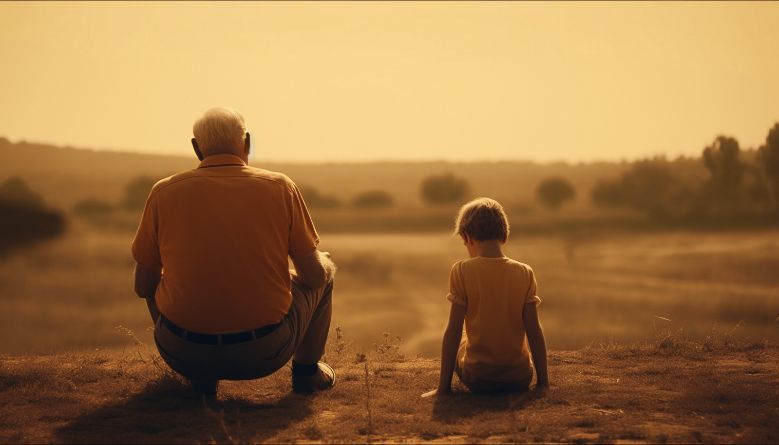Some consider fear as a natural bodily response, while others say it’s a limiting belief. The correct answer is definitely the first one. Fear is a 100% natural and human behavior. It signals to us that something we perceive as threatening is approaching, and some action must be taken. So, we can affirm that fear is a part of our history, and through it, we can understand a bit more about ourselves.
Our fears are shaped by our life experiences. While we have some tendencies imposed by evolution, such as the fear of venomous creatures or fear of the dark, our experiences are also capable of shaping these fears. In fact, there are people with no fear of these things. That’s why it’s important for our fears to be respected and not seen as weaknesses or cowardice, as doing so would devalue our own history.
Respecting our fears doesn’t mean we should just accept them; on some levels, they can bring suffering to a person, and that’s why it’s important to work on them with the help of a specialized professional.
A very common method for addressing fears is through systematic desensitization, which means gradually exposing oneself to increasingly frightening stimuli and becoming accustomed to them over time. For example, if someone is afraid of the ocean, they start by listening to the sound of the sea through headphones, then watch videos of the ocean, then go to the beach and walk only on the sand, and eventually, they enter the sea until they feel more comfortable.
This is a controlled way to confront your fears and can be applied to virtually all possible fears.






